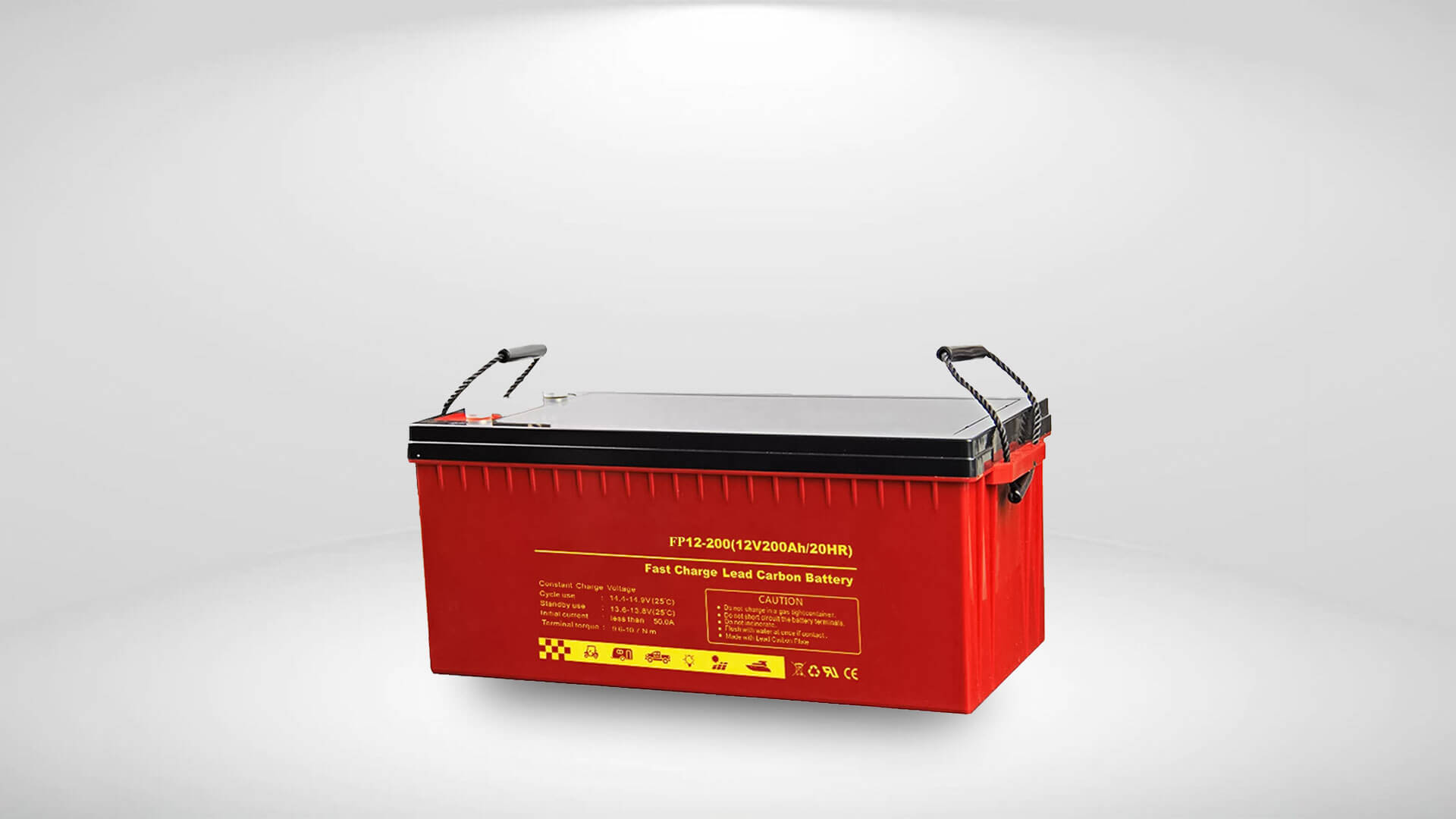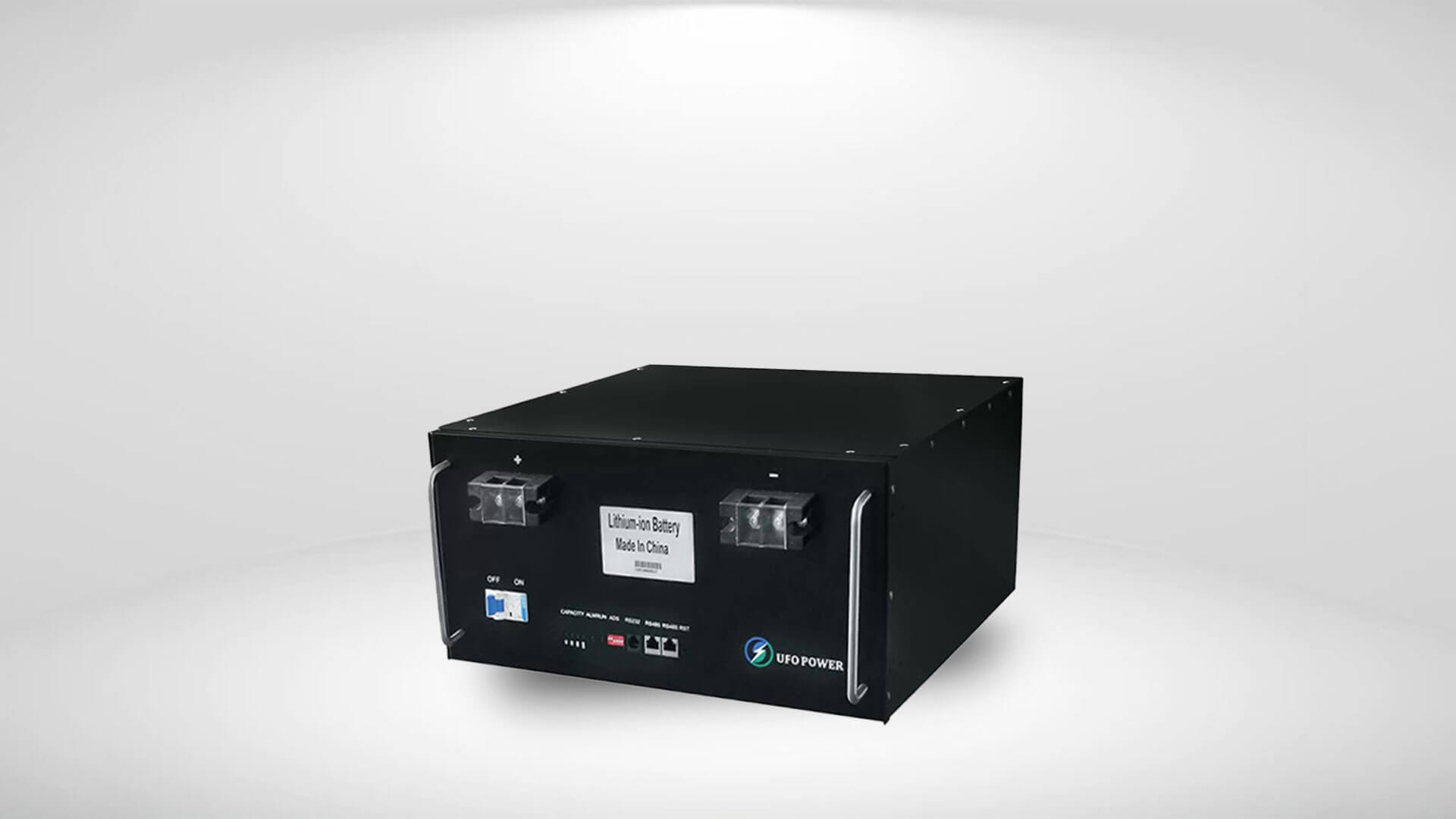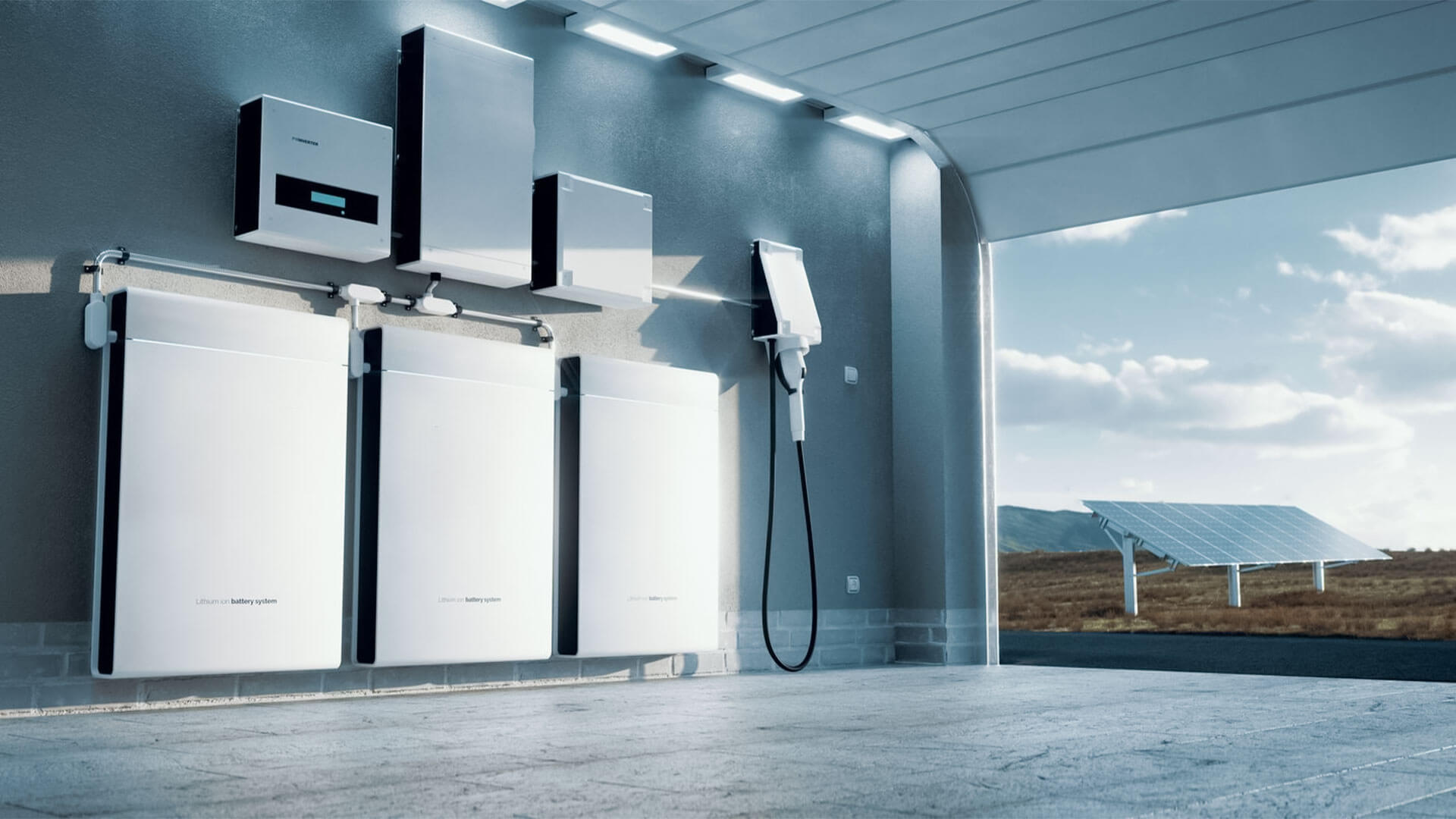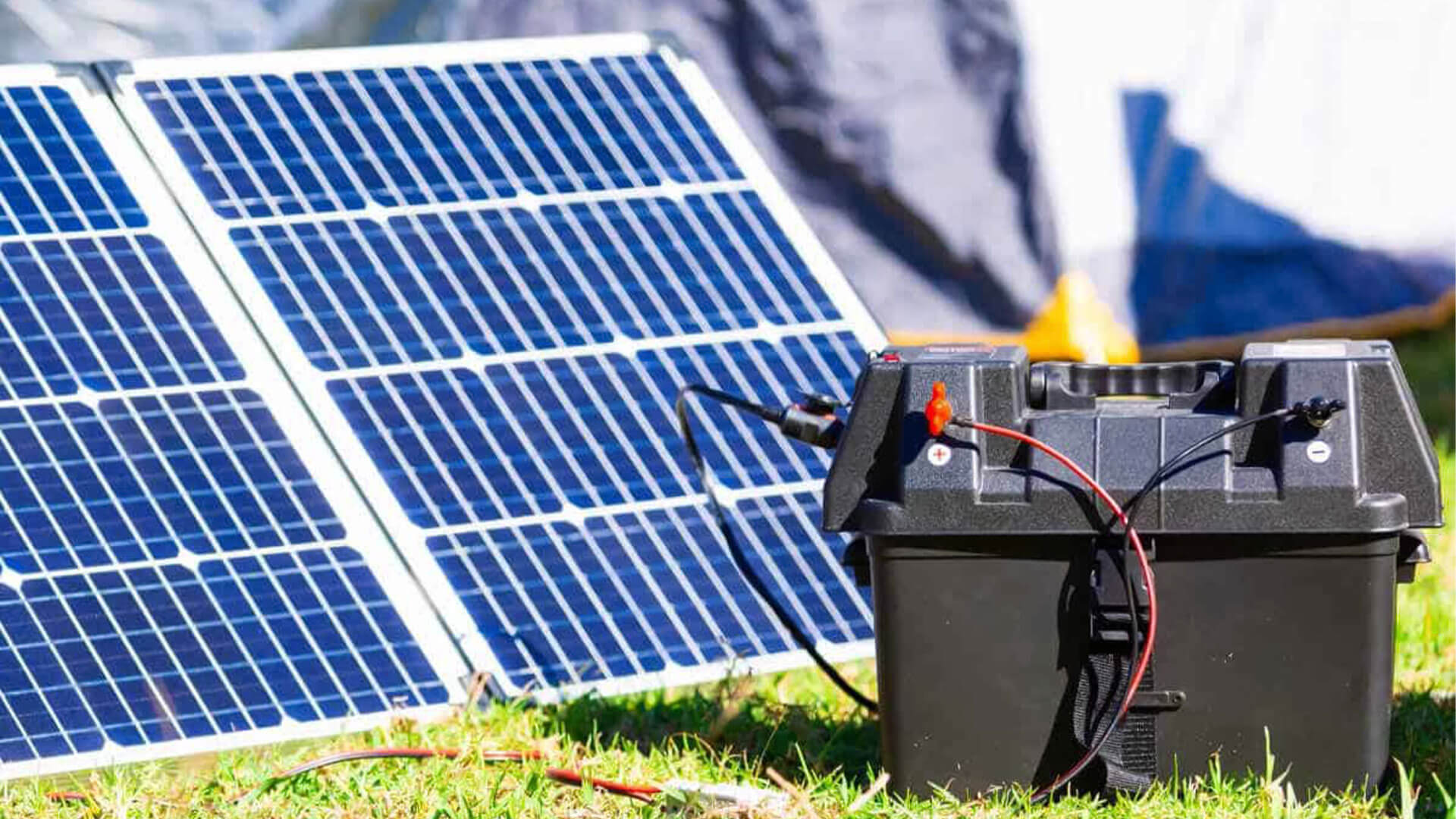Choosing the Best Solar Batteries: What Should You Know?

Choosing the Best Solar Batteries: What Should You Know?
Solar energy is the most effective way to transform your house onto greener energy. Now, what do solar panels do? They simply take the sunlight and convert it into electricity. This energy powers your home and charges solar batteries.
Solar power is a clean, sustainable, and renewable energy source that is the future of the energy sector. Before investing in solar panels, ensure that you know about the best solar batteries to store solar energy.
In this article, we will discuss the different types of solar batteries and things to consider when choosing the best one for your needs!
Solar Batteries: What are they Used for?
A solar battery is a device that stores electricity which you can utilize later. It enables you to use more of the solar energy you produce at home. It also helps keep the appliances running when the light is out, and in some cases, even reduces your electricity costs.
Due to their greater capacity to charge and discharge power than a car battery, they are also called “deep cycle batteries.”

What are the Different Types of Solar Batteries?
Solar batteries come in two main types. Let’s read in detail about them:
Lead Acid
These solar battery solutions are the oldest and least expensive. Their storage capacity, meanwhile, is smaller than those of other batteries. That’s why you will need a number of lead acid batteries to store more energy.
Lead-acid batteries likewise have a low depth of discharge (DoD), at around 50%, and a lifespan of 5 to 10 years. Although, lead acid batteries are very economical, they are not in much use to power homes.
They function optimally for solar DIY projects, emergency backup after a power outage, and off-grid solar systems with low usage rates.
Lithium-Ion
Lithium-ion batteries have gained popularity in solar applications over time. These batteries are very expensive, but the reason is understandable. Let us tell you why.
These batteries contain a high depth of discharge (DoD). They have greater longevity and a lifespan of almost ten years. You get the effective use of the power with more usable storage space. These batteries require no ventilation or off-gassing.
Lithium-ion solar batteries’ drawback is their propensity for “thermal runaway.” It implies that these batteries can overheat and ignite if not correctly installed.

Things to Consider Before Shopping for Solar Batteries!
Solar batteries are a great way to store solar energy, but it’s good to choose the right one for your needs. Consider factors such as type, size, capacity, and installation costs when selecting solar batteries for your solar panel system. Keeping all things into check, you can find the perfect solar battery for your solar system.
Here’s a list of things to consider before going to shop for solar batteries.
Battery Capacity: How Much Energy Storage?
Which solar batteries last the best is a frequent query.
One of the three elements that contribute to the solution is battery capacity. The other two are power and depth of discharge.
How much energy the solar battery can store is referred to as capacity. The range of capacity is 1kWh to 20kWh. You can also purchase modular battery systems, which allow you to connect many batteries to achieve the capacity you need.
If your system functions in such a condition, having more capacity means you can store more energy, which theoretically means the batteries will last longer throughout the night or during a power outage. But other aspects affect a battery’s lifespan as well.
Power Rating: How Much Energy Discharge?
The power rating of a battery, expressed in kilowatts, indicates how much electricity it can supply to your home all at once (kW). It also determines how many and which appliances you may run at once.
Solar batteries typically have a continuous power rating and the peak power rating.
For devices like your refrigerator that require a steady power supply, the continuous power rating is the amount of electricity the battery can output continually (thus the name).
The peak power rating is the highest amount of electricity a battery can discharge for a brief period, enabling you to continue using products like air conditioners that require a surge of power to start up.
Since many solar batteries have continuous power ratings of 5 kW and peak power ratings of 7 kW, you should seek batteries with power ratings in this range. Therefore, you should look for batteries with high power ratings if you need to power many appliances at the same time.
Pro Tip: Observe both the power and capacity ratings when evaluating batteries.
Depth of Discharge(DoD): How much Usable Energy?
After learning about the power and capacity of solar batteries, it is simple to disregard this one.
It’s simple to believe that all you need to do is find solar batteries with a high lifespan and you will get the highest capacity and power ratings.
Not exactly.
Typically, a battery cannot discharge all of the accumulated energy. The battery has to work significantly harder to build its energy store back up after completely draining it.
As a result, batteries have a “depth of discharge” that indicates how much energy they can utilize before being deemed “empty” and needing to refuel.
This explains why solar battery prices can differ so much. You can find an extremely cheap battery with a large capacity and power rating. However, if its depth of discharge is only 60% when installed, you won’t ever consume a significant amount of its capacity. Therefore, it isn’t truly a good deal.
The battery lasts longer each day when the depth of discharge is higher.

Battery Longevity
Cycles and discharge depth are tightly related. Every time a battery depletes its energy and recharges, it creates a cycle. For solar batteries, this typically occurs every day since the excess energy stored during the day is used up at night.
The amount of battery capacity utilized during each cycle can be the depth of discharge. Additionally, you can consider the number of cycles as the number of years your battery will operate at a satisfactory level.
A typical solar battery should last between 3,000 and 5,000 cycles.
Solar Battery Warranty
All batteries lose depth of discharge with time. Consequently, a normal solar battery warranty is good for ten years.
The warranty ensures a minimum depth of discharge for at least that duration even if the battery continues to function after that time.
Round Trip Efficiency
In addition to providing electricity to your home, solar batteries need the energy to operate. The term “round trip efficiency” describes the energy required to charge the battery and release it to power your appliances.
Even though a cheap solar battery may make lofty claims about its capacity and output, if its return trip efficiency is as pitiful as 60%, you will be using almost half of your energy just to operate the battery.
The ideal efficiency is more than 80%.

Choose the Best Solar Battery for You with GEL Pakistan!
Hopefully, this guide has given you some insight into solar batteries and what you should consider before purchase.
For more information on solar power systems and solar panel installation, please contact us today at GEL Pakistan! We’re here to help you make the most out of sustainable energy.
Good luck with finding the perfect solar battery for your home!

Our goal is to change the modern world and create sustainable and nature-friendly energy solutions for future generations.
- 124 DD, Sector CCA Dha Phase 4, Lahore, Punjab
- info@gelpakistan.com
- +92 321 887 4333
Greener Energy Limited Pakistan Built By Keenly Digital
